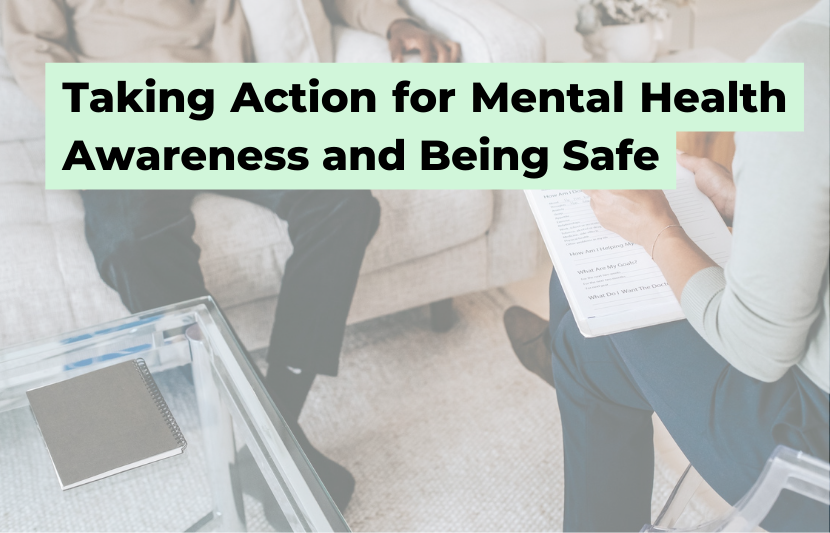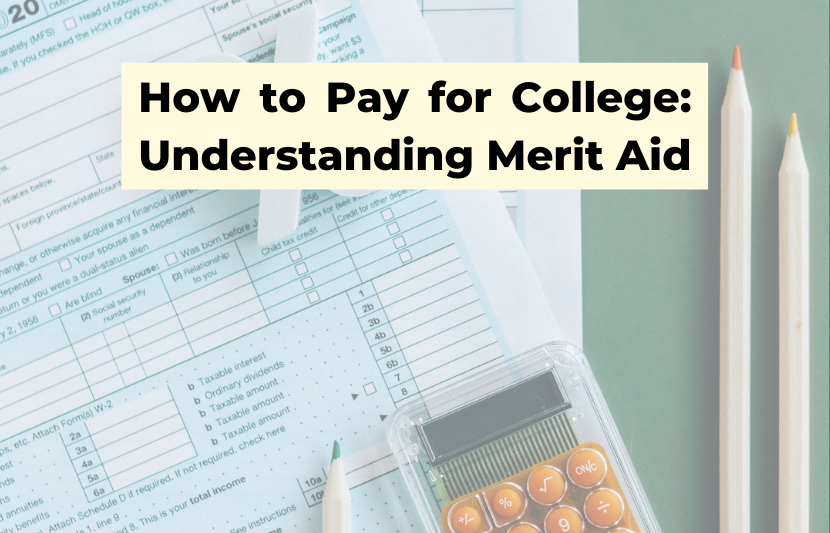In this episode of TUN TV, Dr. Crystal Rose interviews Dr. Loren M. Hill, founder of The Acclivity, to discuss campus safety and explore the most important things to know about a situation if you’re falsely assumed that you don’t belong.
Dr. Crystal Rose: Welcome to The University Network TV. I’m your host today, Dr. Crystal Rose. And on today’s show, we’re exploring the hidden curriculum in our series on campus safety entitled, “Falsely Assumed They Don’t Belong – When Students Become Part of a Teachable Moment.”
This can be a hurtful situation. It has happened many times. We’ve read about it in the news, when out of the blue, someone questions whether or not a student belongs there on campus. What is the best way to deal with the situation?
We’ve invited a very special guest, Dr. Loren M. Hill, a licensed clinical psychologist and successful entrepreneur.
Welcome, Dr. Hill.
Dr. Loren Hill: Thank you so much, Dr. Rose.
Dr. Crystal Rose: Dr. Hill, I know this can be a frustrating experience for students when someone may question whether or not they’re a student on campus. Can you please elaborate on this?
Dr. Loren Hill: There are some times when the campus police or the security guard may find someone in the library, or in a common area, or even outside on the bench. It might be late, might be after hours, and they might approach you and question you, “What are you doing here?”
If you’ve fallen asleep, and you suddenly wake up and see this uniform personnel there and they’re questioning you, please know that they are trying to do their job.
They’re making sure that you are supposed to be there. Now, there are instances where maybe someone may be a different ethnicity than the general population is, or maybe they may be a different age than the general population student body is, and so the security personnel may think you don’t belong here.
And if you don’t have your student ID with you, or you don’t have your books out or something that would make them think, “Oh, this is a student,” then don’t be surprised if they question you.
Dr. Crystal Rose: Hope it doesn’t happen. But if it does, what is the best way to handle this situation?
Dr. Loren Hill: Now I will say this, if that happens, it will be very upsetting.
Although I say remain calm, it’s hard to be calm in a situation where you’re being approached by law enforcement and security personnel. But to the degree that you can, just try to sit there, let them know whatever moves you’re going to make.
Dr. Crystal Rose: Should students automatically go grab their IDs to show, “Hey, I really do belong here.”
Dr. Loren Hill: If you have a student ID in your pocket, or your ID is on your phone, tell them, “I’m gonna get my ID out of my pocket or my purse,” so they don’t think that you’re reaching for some type of weapon, which could then escalate the situation.
Dr. Crystal Rose: What are some ways that students can validate their matriculation, establish their legitimacy that they are on campus for good reason?
Dr. Loren Hill: To the degree that you can, explain what’s going on, “I fell asleep here. I’m so sorry. I live in dorm X. Please call my friend. That’s my roommate.” Someone who could vouch for you.
Dr. Crystal Rose: As awful as the situation is, what are some potential good outcomes?
Dr. Loren Hill: Again, I understand this is upsetting. Then go to your counselor, go to your chair, go to someone, let them know what happened, because this could be a teachable moment for the law enforcement or the security personnel around some sensitivity – yes, we do have diversity on this campus, not everybody looks like you might think they are, and how might you be able to approach the next person in a different way?
But again, they are coming to you because they think you don’t belong. And remember, their job is to keep everybody safe.
Dr. Crystal Rose: Thank you for sharing about the most important things to know about a situation if you’re falsely assumed that you don’t belong.
Thank you, Dr. Hill, for this excellent discussion.
Dr. Loren Hill: Thank you so much, Dr. Rose.
Dr. Crystal Rose: Thank you very much for joining us. Until next time on TUN TV.












